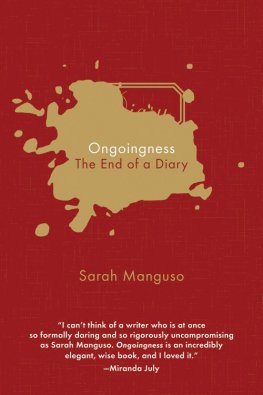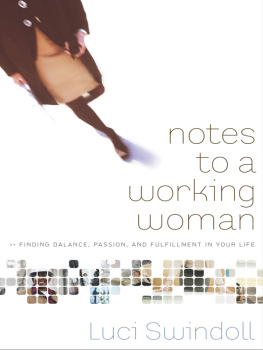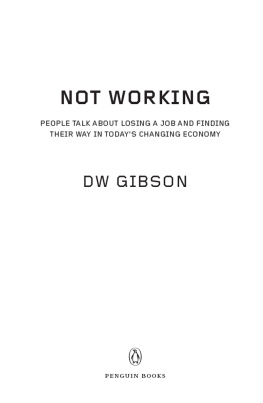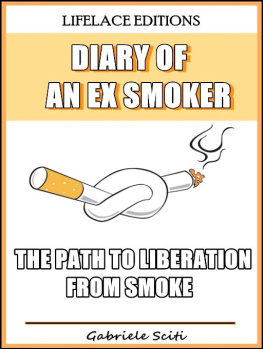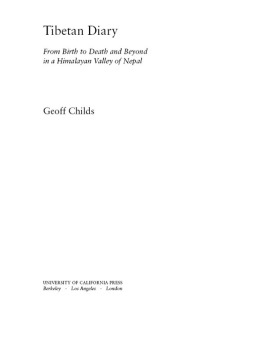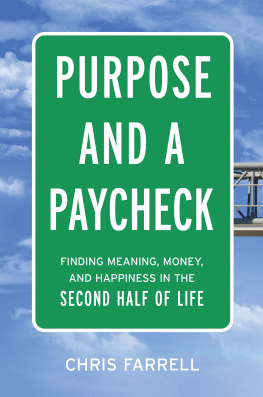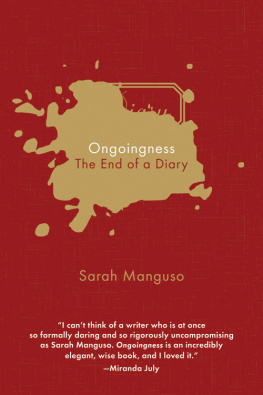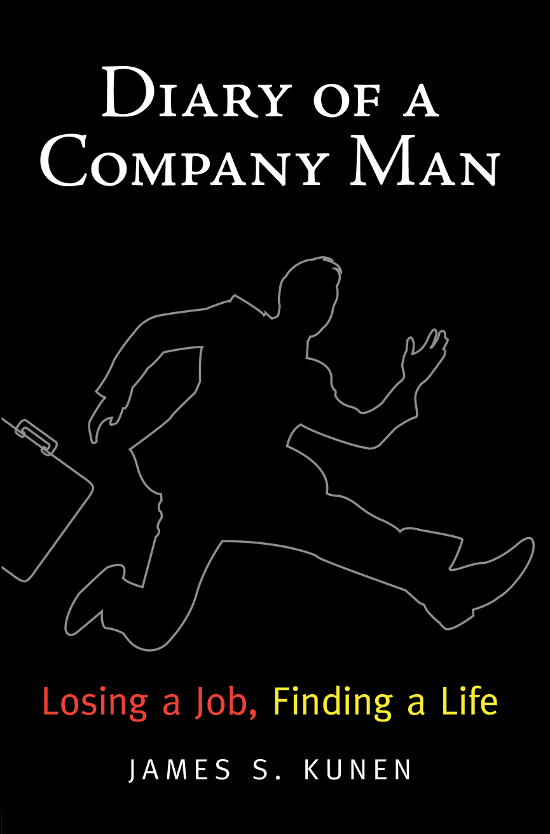ALSO BY JAMES S. KUNEN
Consider the lilies, how they grow: they toil not, neither do they spin; yet I say unto you, Even Solomon in all his glory was not arrayed like one of these.
LUKE 12:27
Where should I begin?
In 1968, when I was nineteen, I wrote a book about being nineteen and trying to change the worldor at least find a new way to live in it. It was called The Strawberry Statement, and it gave voice to what a lot of people my age were hoping: that our generation would be different. We wouldnt care so much about careers, status, and material things. Wed be less greedy, more kind, less alienated, more true to ourselves. The book was well received. Critics, most of them over thirty and accustomed to being the object of the baby boomers scorn, especially liked the authors Generation Gapspanning perspective. To say that youth is whats happening is absurd, I wrote on page one. Its always been happening. Everyone is nineteen, only at different times.
This is a different time. When this book is published, I will be sixty-three, inshallah (God willing), as the Arab immigrants I tutor like to say. Sixty-three! How did this happen?
Let me put it this way: Once, my son and I were standing in a cemetery as a mans gravestone was about to be unveiledabout to be. But first a rabbi was talking, at lengthabout the man, and his life, and life itself, and God, and the Jewish people, and the Torah, or maybe the Talmud, and what wise men had said about these things in the past, in Hebrew and in English. It was a very hot day. As the rabbi talked, I turned to my then-teenage son and whispered, How can life be so short when this speech is so long?
Time doesnt fly. It just never stops. And the next thing you know, its now.
Now I find myself at this place called Too Young to Retire and Too Old to Hire, and theres a huge crowd here, a regular Woodstock, with more arriving all the time. Many of us grudgingly made a deal to sell our time on Earth to the Corporation, only to be informed abruptly that the Corporation would no longer be buying. How did that happen?
Step by step.
Three years out of college, I wrote an article for The New York Times Magazine about how my privileged upper-middle-class friends and I were coming to grips with the fact that we would not be young forever, and that to make a life we would have to make a livingsomething wed been avoiding. Embarking on a career seemed to spell an end to our youth and our freedom, I explained. By not working toward a career we were also steering clear of the System, within which success and exploitation, work and war, were all of a piece in our minds. (Work! Study! Get ahead! Kill! we used to chant at antiwar demonstrations.) And anyway, we were terrified of working as hard as our fathers, charter subscribers to the Protestant Ethic: Pay now, fly later. But, I wrote at the age of twenty-four,
The pressure mounts to make your deal, some sort of compromise between the quest for authentic experience and the need for identity, between adventure and security And as we find idealistic gratification hard to come by, materialistic gratification becomes more attractive. I used to think I could stop the Vietnam War; then I thought Id get realistic: By working with delinquents, Id save them from lives of crime. Finding that beyond my power, I resolved to show them a good time. My success in pursuit of even that modest goal was equivocal. After several months as a supervisor and associate of juvenile delinquents it came to me that Id feel somehow more confident if I had a big car. As my Columbia classmate Dave Warren says, Whatever else you say about those bourgeois comforts, they sure are comfortable. And they can be habit-forming. After the hook, the line and sinker are easy.
Now more and more holdouts are becoming late-signers. The question is: Will we become indistinguishable from our parents?
I was just talking to a friend of mine, who said, Im much happier now that Im not a radical. I stopped feeling guilty over just being alive in America.
And I said, My father always held to the belief that young people would eventually abandon their idealistic visions and come around to appreciating the veritieslike the over-whelming importance of money.
Your father sounds like a very wise man, she said.
In the sweat of thy face shalt thou eat bread, till thou return unto the ground; for out of it wast thou taken: for dust thou art, and unto dust shalt thou return.
GENESIS 3:19
Monday, October 7, 2002
Working on my column, Diary of a Company Man, for the AOL Time Warner employee magazine, I try to ignore the roaring and screeching of the ventilation equipment on the rooftop five stories below my window. It sounds like the engines of a jet about to begin its charge down the runway for takeoff. I can practically smell the jet fuel, feel the vibrations, see the flaps going up and down for a final check. I can feel the great winged machine straining at its locked wheels, its massive metal body shuddering in anticipation of soaring free, but the takeoff never comes.
I get up to look out the window and notice that the seat of my black Naugahyde desk chair bears my imprint: two kidney-shaped depressions separated by a crease. If I were to be struck by a bus tonight, this fossilized remnant of me would survive. He made an impression here. He made a difference.
Diary of a Company Man is an ironic title for my column, a little joke I share with my readers to show we are on the same side. Im obviously not a company man. No one is. The term fell out of use decades ago. It referred to someone who defined himself as a member of a particular company, who valued himself as the company was valued, who was loyal to the company and trusted the company to be loyal to him. Hard to imagine.


